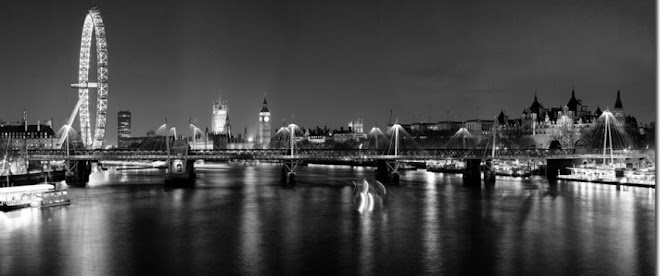What do the essays reveal about civil society and the reading public of the restoration age?
The Spectator
*Addison begins by speaking of his own writing style, he says he sometimes writes with ‘regularity and method’ and other times with no particular order.
*When Addison himself read a work which had been written without method, he envisioned himself as being in a wood surrounded by ‘noble objects,’ confusion and disorder.
*When reading methodical discourse, he saw it as an ordered plantation, able to comprehend each idea separately.
*Addison seemed to believe that if you could envisage the entire concept, you gain a better understanding of it, which will remain in the memory.
*He stated that irregularity and want of method are only supportable in men of great learning or genius. This perhaps implies that the general public would not understand such ordered styles of writing.
*Addison thought that ideas should be set out in a logical order before being presented to the reader.
*Addison commented on the fact that when writing, further thoughts would be continuous, so putting them in order is vital if they are to be understood.
*’Method is of advantage to work.’ Both to the reader and the writer.
*Addison also pointed out that reading a methodical piece of writing is more enjoyable to the reader and therefore concepts are much more likely to be retained.
*’There is not one dispute in ten which is managed in those school of politics, where, after the first three sentences, the question is not entirely lost.’ Implying that discourse cannot be ordered in the same way as writing, it is more difficult to stay on topic.
*A man who strays from the topic in an argument may not always be superior.
*Overall Addison seemed to believe that unless an author set out the ideas of their writing in a clear and logical fashion, the reader would not be able to understand or enjoy the desired concepts. It is all very well to be a free thinker but if these thoughts stray from the original topic then the audience is lost.
*Addison implied that the reader cannot perhaps interpret the ideas for themselves and does not credit the public with the ability to think for themselves on another person’s topic.
The Royal Exchange
*The Royal Exchange was a building in London where products were traded.
*During the restoration there was a commercial revolution concerning North America.
*It is not certain whether Addison’s tone in the Royal Exchange is sarcasm or genuine enthusiasm.
*’Factors in the trading world are what ambassadors are in the polite world.’ Addison saw the trading world as different to ‘normal’ society, creating a sense of divide.
*Addison seems fascinated by the mix of ethnicities, sense of anonymity when there.
*Addison viewed it all as a sort of entertainment, seeing the variety of cultures was unusual.
*’I am wonderfully delighted to see such a body of men thriving in their own private fortunes... raising estates for their own families.’ Addison appears to admire the traders work and the fact they are providing for themselves.
*Addison also mentioned the nationalities being united by one interest. Is this naivety, sarcasm or a genuine observation?
*Addison also said that countries need to work together to produce certain products. We need other countries in order to survive and make the culture more vibrant. On this note Addison seemed welcoming to trade from other countries.
*’For these reasons, there are not more useful members in a commonwealth then merchants.’ This is perhaps a different view than that of today, we may prioritise MPs etc. This perhaps implies merchants were better respected at this time, unless this view is more specific to Addison.
*’Trade has given us an additional empire.’
Tuesday, 3 November 2009
Subscribe to:
Post Comments (Atom)

No comments:
Post a Comment